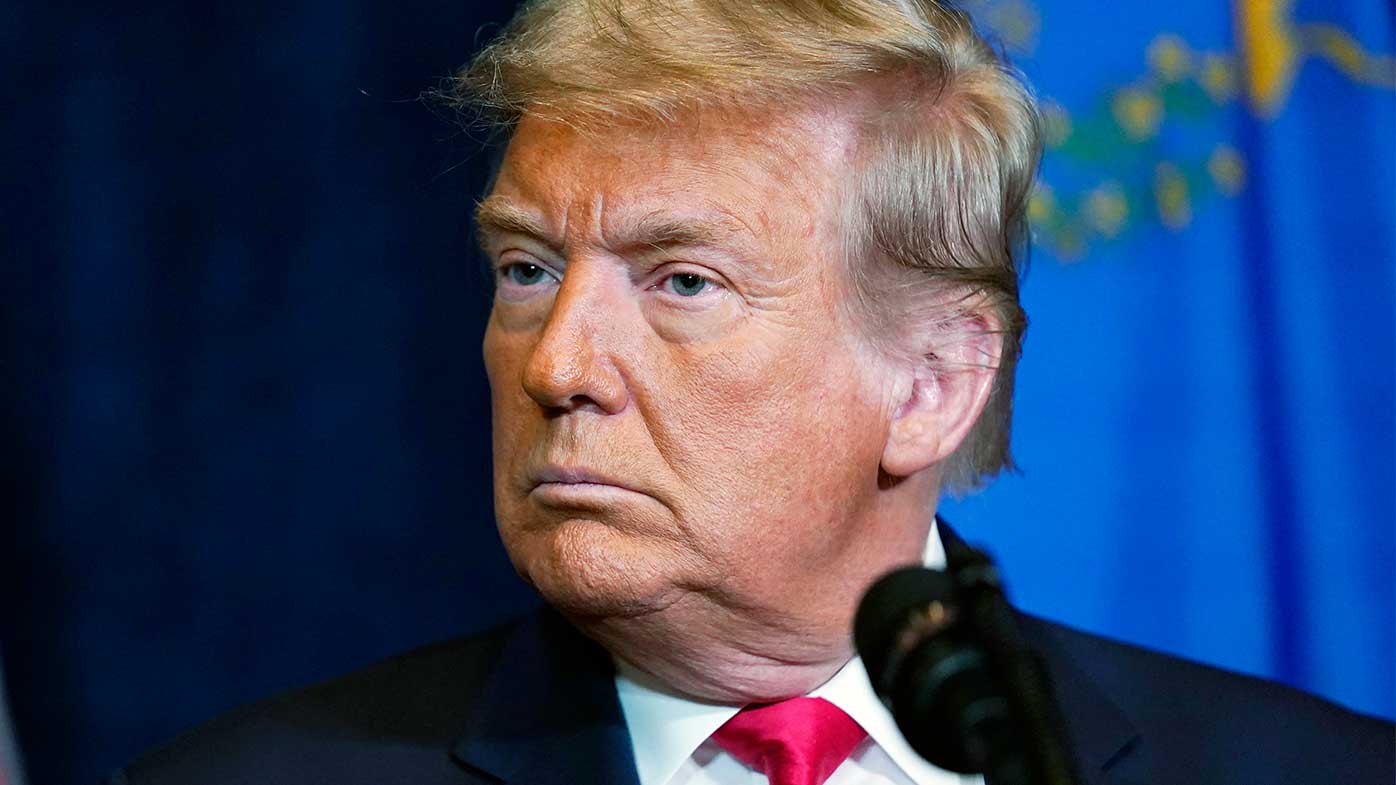The US Department of Defence is cancelling a controversial US$10 billion ($13.3 billion) cloud computing contract that had been awarded to Microsoft over Amazon under the Trump administration.
The department announced today that it is cancelling the Joint Enterprise Defence Infrastructure (JEDI) contract that was previously awarded to Microsoft.
It will instead seek new solicitations for an updated Joint Warfighting Cloud Capability (JWCC) contract from Amazon and Microsoft.
LIVE UPDATES: All the latest breaking news on coronavirus in Australia and the world

The JEDI contract would have resulted in Microsoft building a cloud storage system for sensitive military data and technology, such as artificial intelligence, for the Department of Defence and could have resulted in revenue of up to US$10 billion ($13.3 billion) over 10 years.
Microsoft winning the JEDI contract in 2019 over Amazon caused some controversy, surprising many industry experts who saw Amazon as the stronger candidate to win the contract.
Amazon Web Services is widely viewed as the market leader in the cloud computing industry.
Amazon filed a suit with the US Court of Federal Claims contesting the decision, arguing that it was politically motivated by former President Donald Trump's dislike of then Amazon CEO Jeff Bezos and the Washington Post, which Mr Bezos owns.
In March 2020, the department said it wished to re-evaluate its decision to award the contract to Microsoft.
Now, the Defence Department plans to cancel it altogether and solicit bids for a new, updated contract from both Microsoft and Amazon.
The Defence Department said it decided to cancel the contract "due to evolving requirements, increased cloud conservancy and industry advances," in a press release.
Because of this, the JEDI contract "no longer meets its needs," the release states.
The department will solicit proposals from Microsoft and Amazon Web Services and will also accept proposals from other Cloud Service Providers that "can also meet the DoD's requirements," the release said.
READ MORE: Microsoft wins $22 billion deal making headsets for US Army

In a blog post yesterday, Microsoft said it understands the DoD's rationale for cancelling the contract and defended its technology as being best suited for the job.
"The DoD faced a difficult choice: Continue with what could be a years-long litigation battle or find another path forward. The security of the United States is more important than any single contract, and we know that Microsoft will do well when the nation does well," the post said.
"Because the security of the United States through the provision of critical technology upgrades is more important than any single contract, we respect and accept DoD's decision to move forward on a different path to secure mission-critical technology," the statement adds.
In a statement, Amazon Web Services said it agreed with the decision, but noted concerns with the original process of awarding the contract.
"We understand and agree with the DoD's decision," a spokesperson said in the statement.
"Unfortunately, the contract award was not based on the merits of the proposals and instead was the result of outside influence that has no place in government procurement."
Amazon was widely believed to be the frontrunner to win the Pentagon contract before Mr Trump vowed to take "a strong look" at the deal.
As part of its suit filed with the US Court of Federal Claims contesting the decision, Amazon accused Mr Trump of launching "repeated public and behind-the-scenes attacks" against the company in a formal protest.
In that court battle, Amazon asked for permission to get testimony from Mr Trump and former Defence Secretary Mark Esper to bolster its claim that it lost the cloud contract due to political interference.
READ MORE: Amazon founder Jeff Bezos accuses tabloid of extortion attempt over 'intimate photos'

"President Trump has repeatedly demonstrated his willingness to use his position as President and Commander in Chief to interfere with government functions - including federal procurements - to advance his personal agenda," Amazon said in a statement in February.
"The question is whether the President of the United States should be allowed to use the budget of the DoD to pursue his own personal and political ends."
